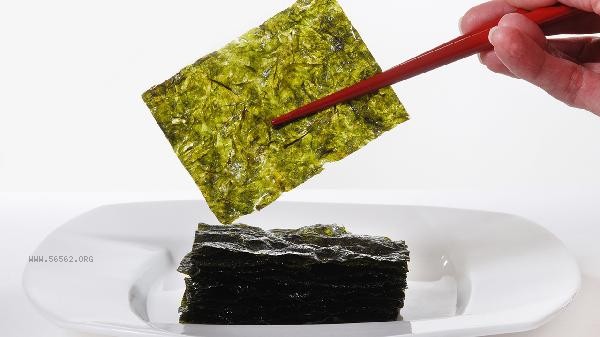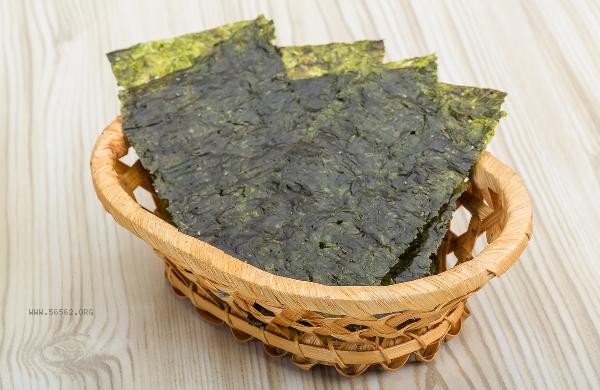Moderate consumption of seaweed is usually harmless to the body and can actually supplement various nutrients. Seaweed is rich in iodine, dietary fiber, vitamin B12, etc., but excessive intake may cause thyroid dysfunction or excessive sodium intake. Seaweed, as a seaweed food, is rich in minerals and vitamins, especially with high iodine content. Moderate consumption can help maintain normal thyroid function. The phycobiliproteins it contains have antioxidant properties, and dietary fiber can promote gastrointestinal motility. Taurine in seaweed is beneficial for cardiovascular health, and vitamin B12 content is particularly prominent in plant-based foods, making it suitable for vegetarians to supplement. It is recommended to consume 2-3 times a week, with 5-10 grams of dried seaweed each time. It can be consumed in various ways such as making soup and mixing vegetables.

Some populations need to control their intake of seaweed, and patients with hyperthyroidism should limit high iodine foods to avoid worsening the condition. Seaweed may add a lot of salt during processing, and hypertensive patients should pay attention to choosing low sodium products. Coastal residents need to be alert to the risk of excessive iodine intake due to their high intake of seafood in their daily diet. Individual individuals with sensitive constitutions may experience allergic reactions to algae, manifested as symptoms such as skin itching or indigestion. The surface of seaweed may be contaminated with marine pollutants. It is recommended to choose products that have been tested and purchased through legitimate channels.

It is recommended to pair seaweed with vegetables and fruits rich in vitamin C in daily consumption to help improve iron absorption. Before cooking, soak in clean water to remove some salt and impurities, and avoid prolonged high-temperature cooking to prevent nutrient loss. Special populations should adjust their intake under the guidance of doctors or nutritionists, maintain dietary diversity, and avoid long-term consumption of large quantities of certain types of seafood.










Comments (0)
Leave a Comment
No comments yet
Be the first to share your thoughts!